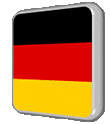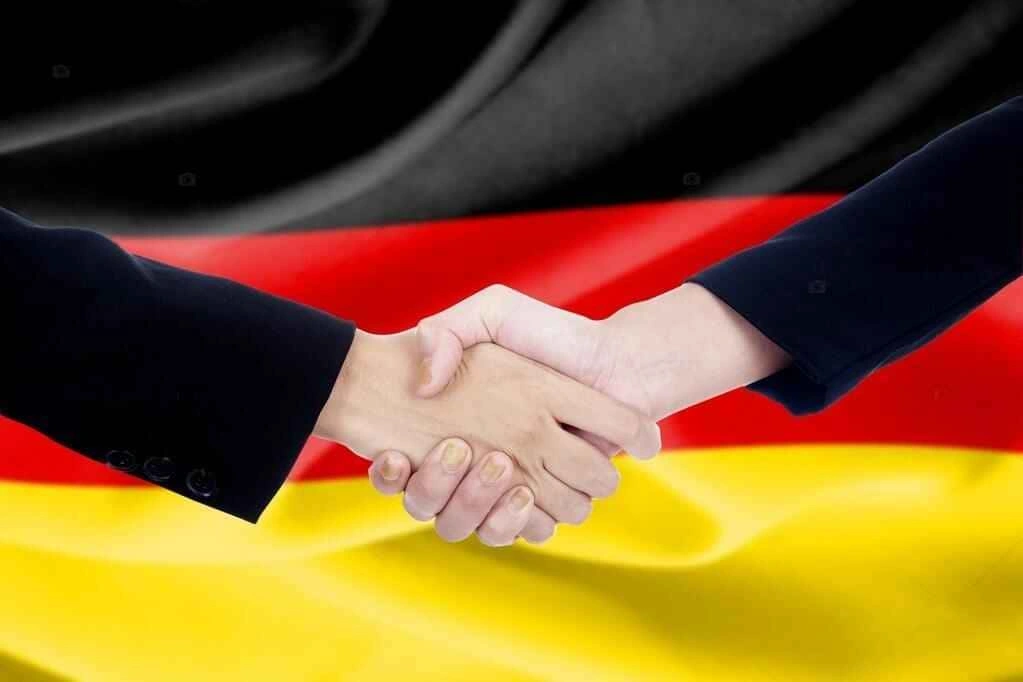Discover the Legacy of German Engineering
Explore how German manufacturing evolved from a stigmatized origin to become the global benchmark for quality and innovation.
MADE IN GERMANY © How Became a Global Brand
Discover the fascinating journey of 'MADE IN GERMANY ©'—from its origins as a British warning label in 1887 designed to deter consumers, to its transformation into a globally recognized symbol of exceptional quality, cutting-edge innovation, and unwavering trust across industries and continents.
The Beginning
A British Attempt to Discourage German Goods (1887)
The Transformation
From Warning Label to Quality Seal
Post-War Germany
Strengthening the Reputation
'MADE IN GERMANY ©' Today
A Symbol of Excellence
The Beginning
A British Attempt to Discourage German Goods (1887)
In the late 19th century, Germany emerged as a formidable industrial rival to Great Britain, the reigning manufacturing titan. British producers, frustrated by German competition and allegations of cheap imitations, lobbied for the Merchandise Marks Act of 1887. This law required foreign products to display their origin, aiming to alert consumers to the perceived inferiority of German goods and protect British industry. Little did they know, this move would spark a transformative legacy.
1887: Merchandise Marks Act
"All imported goods must bear a clear indication of the country in which they were manufactured or produced."
Key Milestones in the Journey
Automotive Pioneering
Karl Benz's 1886 invention of the automobile ignited Germany's automotive dominance, a legacy now upheld by BMW, Audi, and others renowned for innovation and luxury.
Engineering Precision
Siemens' 19th-century electrical engineering innovations laid the foundation for Germany's leadership in automation, precision tools, and industrial technology.
Sustainability Leader
Germany's modern push into renewables—wind, solar, and hydrogen—underscores its commitment to sustainable innovation under the 'MADE IN GERMANY ©' banner.
MADE IN GERMANY © Roadmap
1887
The Origin
The British Merchandise Marks Act of 1887 mandates that all imported goods, including those from Germany, bear their country of origin.
Initially a mark of disdain, 'MADE IN GERMANY ©' becomes a challenge German manufacturers rise to meet, laying the groundwork for a legacy of quality and innovation.
1890s-1900s
Industrial Awakening
German industries respond with a surge of innovation. Companies like Siemens pioneer electrical engineering, BASF advances chemical production, and Zeiss revolutionizes optical technology.
Investments in education, apprenticeships, and rigorous quality controls transform 'MADE IN GERMANY ©' into a badge of craftsmanship.
1920s-1930s
Automotive Pioneering
Building on Karl Benz's 1886 automobile invention, Mercedes-Benz and Porsche emerge as icons of luxury and performance.
German cars and design principles gain international acclaim, showcasing engineering precision and a distinctive style.
1945-1950s
Post-War Rebirth
After WWII devastation, the 'Wirtschaftswunder' (economic miracle) begins. Volkswagen's Beetle becomes a global phenomenon.
Aided by the Marshall Plan and a skilled workforce, 'MADE IN GERMANY ©' reemerges as a symbol of resilience and quality.
1960s-1970s
Engineering Dominance
Germany solidifies its reputation in precision machinery and industrial equipment with companies like Festo, Liebherr, and BMW leading with cutting-edge technology.
The focus on specialized tools and robust manufacturing processes reinforces 'MADE IN GERMANY ©' as the gold standard in industrial engineering.
1980s-1990s
Digital Transition
The rise of the digital era sees Germany adapt swiftly. SAP transforms enterprise software, Siemens advances automation, and reunification in 1990 boosts economic potential.
High-tech innovation and a unified Germany propel 'MADE IN GERMANY ©' into the digital age, blending tradition with futuristic technology.
2000s
Green Innovation
Germany leads the global shift to sustainability with the Energiewende policy. Siemens Energy, Enercon, and Bayer drive renewable energy and eco-friendly solutions.
Investments in solar, wind, and hydrogen technologies position Germany as a pioneer in green engineering, enhancing its global reputation.
2010s-Present
Industry 4.0 & Global Influence
Germany spearheads Industry 4.0, integrating AI, IoT, and smart manufacturing. Companies like Adidas, Volkswagen, and Fraunhofer showcase a future-ready 'MADE IN GERMANY ©'.
A blend of tradition, innovation, and sustainability ensures 'MADE IN GERMANY ©' remains a trusted leader in a rapidly evolving global economy.
Conclusion
A Global Brand of Trust
From a forced label in 1887 to a global emblem of excellence today, 'MADE IN GERMANY ©' showcases a story of resilience, ingenuity, and unwavering quality—a trusted name that continues to shape industries worldwide.











